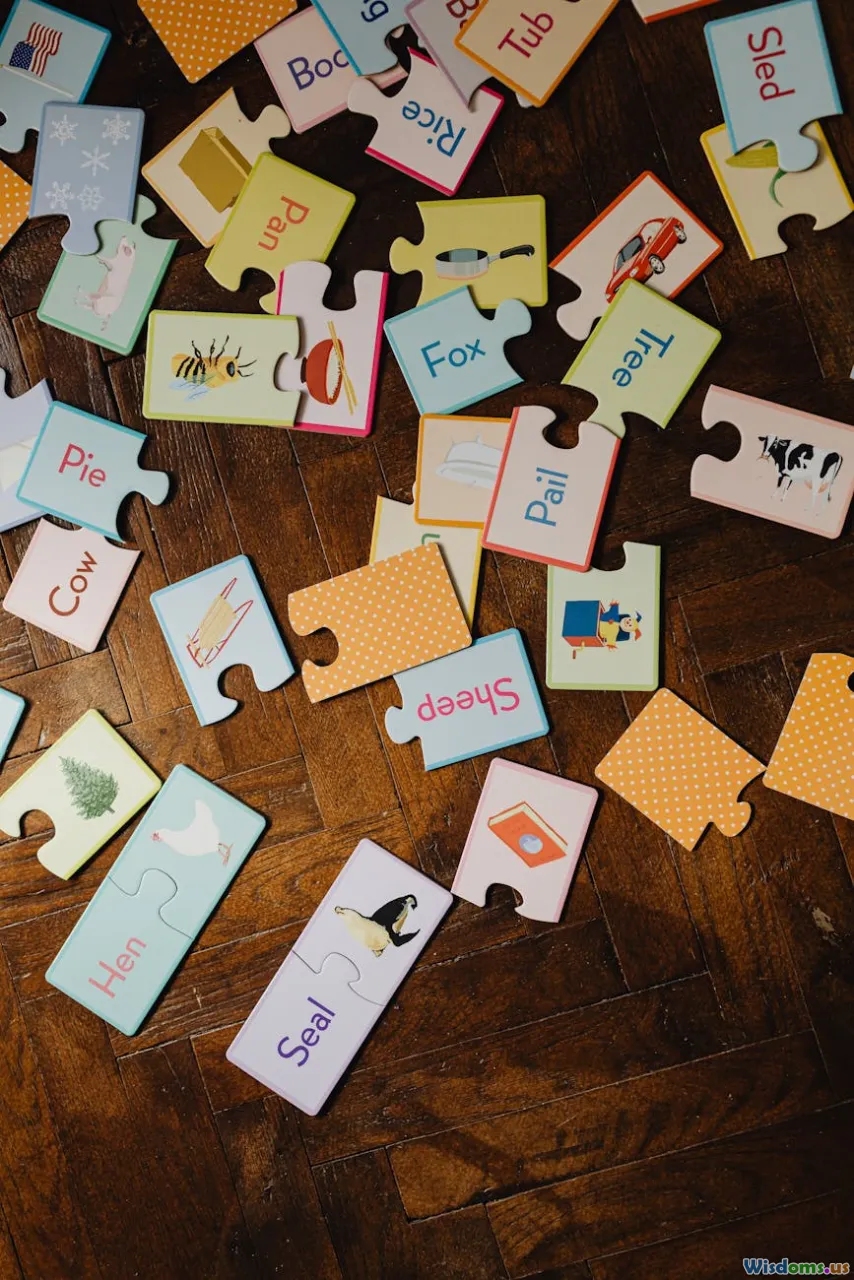
The Importance of Multilingual Communication
9 min read Explore the significance of multilingual communication and its impact on global connections and learning new languages. (0 Reviews)
The Importance of Multilingual Communication
In a world that has grown smaller due to technological advancements and globalization, multilingual communication is no longer just a nice-to-have; it's a necessity. Whether you're interacting in your community or conducting business overseas, the ability to communicate in multiple languages can enhance your relationships, broaden your opportunities, and foster understanding among diverse cultures. This article will dive into the importance of multilingual communication, providing insights into its advantages, its impact on personal and professional growth, and actionable strategies for learning new languages.
The Global Landscape: Why Multilingualism Matters
The world today is more interconnected than ever, driven by technology and movement across borders. According to the United Nations, over 280 million people live outside their country of birth, making intercultural communication crucial. Multilingual communication facilitates:
- Cultural Understanding: By speaking more than one language, you can appreciate cultural nuances and traditions, leading to more meaningful interactions.
- Economic Opportunities: Many companies operate internationally and look for employees who can communicate effectively across languages. In fact, a study by New American Economy showed that demand for bilingual workers in the U.S. has increased by 162% since 2010, demonstrating that multilingual skills open corporate doors.
- Social Inclusion: Language barriers can isolate individuals, making communities less cohesive. Multilingual communication fosters community engagement, allowing non-native speakers to participate more fully in society.
Benefits of Multilingual Communication
Enhancing Cognitive Skills
Learning new languages encourages your brain to work in diverse ways. Research published in the journal Cognitive Science illustrated that multilingual individuals demonstrate greater cognitive flexibility. For instance, they excel at problem-solving tasks and possess stronger critical thinking abilities. Practicing multiple languages can improve memory, enhance multitasking, and delay cognitive decline, keeping the brain sharp as you age.
Facilitating Networking and Collaboration
In professional settings, being multilingual is invaluable. For example, many international businesses require employees to arrange meetings with clients or vendors across different cultures. A multilingual communicator can seamlessly build rapport and foster trust. A report from Harvard Business Review emphasized that teams comprising members who speak multiple languages yielded 15% greater productivity due to their improved collaboration.
Fostering Emotional Intelligence
Being multilingual allows you to appreciate subtle emotional cues in various languages, enhancing your emotional intelligence and empathy. Through understanding how emotions are expressed differently across languages, you become more attuned to the feelings of others, which fosters richer interpersonal interactions. This is vital in fields such as psychology, social work, and education, where understanding emotional landscapes is crucial for effective communication.
Strategies for Learning New Languages
While the benefits of multilingual communication are clear, the pathway to acquiring new languages can be daunting. Here are practical strategies:
Immerse Yourself in Language
One of the most effective ways to learn a new language is through immersion. According to language acquisition theories proposed by Stephen Krashen, being surrounded by the target language—through films, music, conversations, and reading—can enhance your understanding and absorption of new vocabulary and grammatical structures.
For example, moving to a new country and engaging with locals gives you exposure to dialects and idiomatic expressions that textbooks often miss. Even if relocation isn't feasible, consider attending cultural events, joining language exchange programs or conversational tables in your locality.
Utilize Technology
The rise of language learning apps, such as Duolingo or Babbel, offers interactive and accessible ways to learn languages at your own pace. Utilizing these digital resources, learners can practice daily, making language learning a part of their routine. According to a survey conducted by Statista in 2021, nearly 50% of language learners utilized mobile applications to enhance their skills.
Set Realistic Goals
Learning a language can feel overwhelming if you tackle multiple languages simultaneously or set unattainable goals. The SMART goal framework—Specific, Measurable, Achievable, Relevant, and Time-bound—can help learners break their language journey into manageable milestones, such as mastering everyday conversation or reading a book in the target language.
Join Language Courses
Consider enrolling in language classes whether offline or online. Many find the structured environment of a classroom beneficial. Numerous universities and online platforms, including Coursera and EdX, offer language courses with diverse learning communities. Engaging with peers allows for practice, clarifications, and exposure to different learning strategies.
Practice Regularly
Consistency is key. Studying 20 minutes a day is often more beneficial than cramming once a week. Engage your language skills daily, whether through journaling, conversing with others in language clubs, or practicing with apps. With the average person require a substantial amount of practice to develop fluency, keeping up regular habits is essential. According to the Foreign Service Institute, achieving proficiency in a language takes approximately 600-750 hours of dedicated learning.
The Broader Impacts of Multilingual Communication
Social Integration and Personhood
Language plays a crucial role in personal identity. Multilingual individuals often feel more connected to their cultural roots, allowing them to navigate multiple identities fluidly. This deeply impacts social integration levels, enhancing personal well-being by allowing true expression of self within a diverse community.
Bridging Knowledge Gaps
Multilingual communication is pivotal in academic settings as well. For instance, being able to read literature or research in other languages broadens perspectives and fosters cross-disciplinary collaboration. As educational institutions increasingly acknowledge the value of multilingual skill sets, there’s an increased focus on foreign language curricula in primary and secondary education.
The Future is Multilingual
As globalization continues, the importance of multilingual communication is expected to rise. Future policymakers, educators, and corporate leaders will need to prioritize language skills in education and workforce training. The World Economic Forum listed language proficiency as one of the top ten skills in demand for the future, underscoring the pivotal role of multilingualism in shaping tomorrow's leaders.
Conclusion
Multilingual communication is vital in a culturally rich, interconnected world, serving as a bridge that fosters understanding and collaboration. From enhancing cognitive abilities to unlocking career possibilities, the value of learning new languages cannot be understated. By embracing strategies such as immersion, leveraging technology, and engaging socially, you can embark on a rewarding language-learning journey that enriches both your personal and professional life. As society evolves, so too does the necessity for multilingual communication—making it a skill worth mastering in the modern age.
Rate the Post
User Reviews
Popular Posts





















